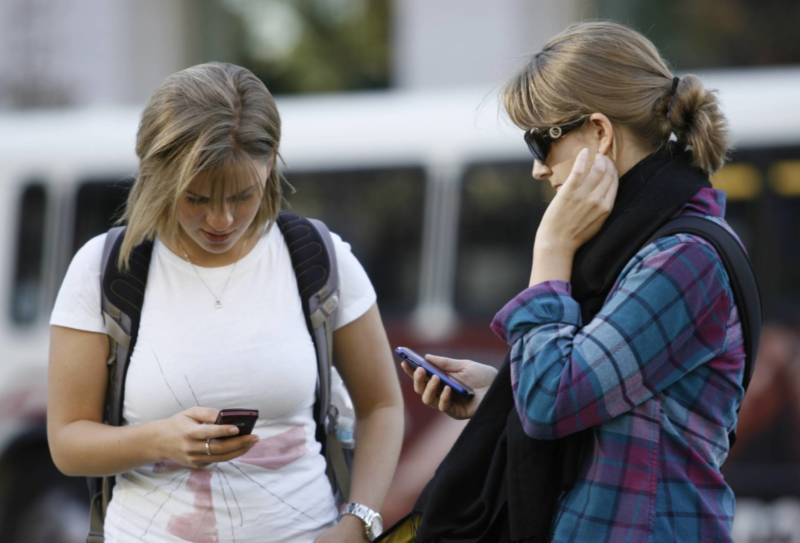California regulators are considering a plan to charge a fee for text messaging on mobile phones to help support programs that make phone service accessible to the poor, according to a newspaper report Wednesday.
The proposal is scheduled for a vote next month by the state Public Utilities Commission, the Mercury News reported. The wireless industry and business groups have been working to defeat the plan.
“It’s a dumb idea,” said Jim Wunderman, president of the Bay Area Council business-sponsored advocacy group. “This is how conversations take place in this day and age, and it’s almost like saying there should be a tax on the conversations we have.”
It’s unclear how much money individual consumers would be asked to pay their wireless carrier for texting services under the proposal, the newspaper said. But it would likely be billed as a flat surcharge — not a fee per text.
Wunderman said he’s unaware of any other local, state or federal program that taxes texting. And the wireless industry has argued the state commission lacks legal grounds for doing so.

